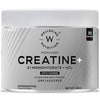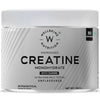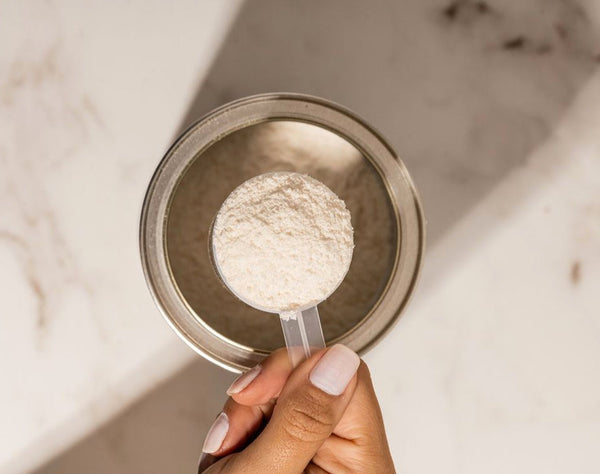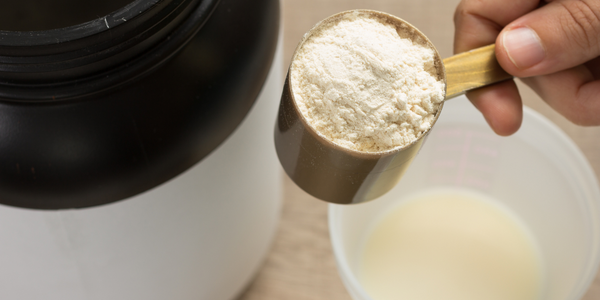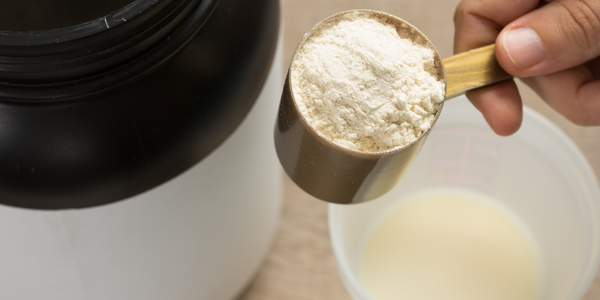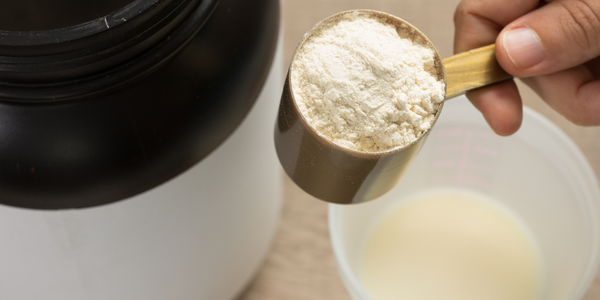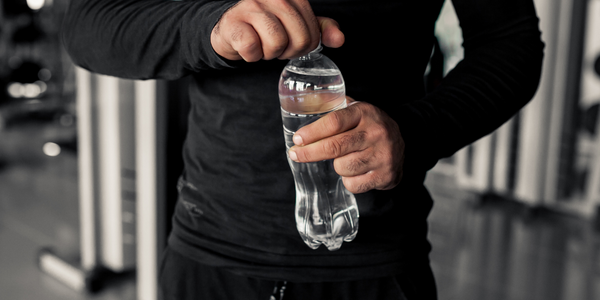Creatine is one of the most widely used supplements in the fitness and sports industry. Naturally found in muscle cells, it plays a key role in energy production during high-intensity exercise. While the body synthesizes creatine and small amounts come from foods like red meat and fish, supplementation can significantly boost physical performance, endurance, and even cognitive function.
But how does creatine work, and why do athletes, bodybuilders, and fitness enthusiasts rely on it? Let’s take a closer look to know more.
Ways Creatine Enhances Endurance
Creatine isn’t just for muscle growth—it plays a key role in sustaining energy, reducing fatigue, and improving recovery. Here’s how it enhances endurance and overall performance:
Improves Energy Production for Prolonged Workouts
Creatine primarily works by increasing the availability of adenosine triphosphate (ATP), the body’s primary energy currency. During high-intensity exercises, ATP is rapidly used up, leading to fatigue. Supplementing with creatine boosts phosphocreatine stores in muscles, allowing for faster ATP regeneration. This results in improved stamina, allowing athletes to push through longer and more intense workouts. [NIH]
Reduces Muscle Fatigue and Speeds Up Recovery
Muscle fatigue is a common limiting factor in endurance sports and resistance training. Creatine has been shown to reduce muscle damage and inflammation, leading to faster recovery between workouts. By buffering acid buildup in muscles, it delays the onset of fatigue, enabling athletes to train harder and recover quicker. This is especially beneficial for endurance sports like running, cycling, and swimming, where sustained performance is key. [BMC]
Supports Hydration and Body Temperature Regulation
Proper hydration is crucial for endurance and performance. Creatine enhances the body's ability to retain water within muscle cells, promoting better hydration and body temperature regulation. Well-hydrated muscles perform better, have a lower risk of cramping, and can sustain prolonged activity. Additionally, creatine helps regulate body temperature during strenuous exercise, reducing the risk of heat-related fatigue and dehydration.
Enhances Mental Endurance and Cognitive Function
Endurance isn't just about physical performance but mental stamina plays a huge role too. Creatine supplementation can enhance cognitive function, especially under conditions of stress and fatigue. It supports brain energy metabolism, improves focus, and enhances memory retention. This is particularly valuable for athletes who need to maintain concentration during long races or for professionals in high-demand jobs requiring sustained mental effort. [NIH]
Helps Combat Fatigue in High Demand Jobs and Exercises
Creatine can help individuals engaged in physically and mentally demanding professions. Firefighters, military personnel, and laborers often experience extreme fatigue due to their work conditions. Supplementing with creatine has been found to improve endurance, strength, and overall energy levels, making it a valuable tool for those who need to perform at peak levels for extended periods.
How to Use Creatine for Maximum Endurance
Best Types of Creatine
Creatine comes in several forms, but the most researched and widely used is creatine monohydrate. It is highly effective, affordable, and proven to enhance performance and endurance. Other variations, such as creatine hydrochloride (HCL), creatine ethyl ester, and buffered creatine, also exist, though they lack the extensive research backing monohydrate’s benefits.
Optimal Dosage
For maximum endurance benefits, a common dosing strategy includes:
-
Loading Phase (Optional): 20 grams per day (divided into 4 doses) for 5–7 days to saturate muscles quickly.
-
Maintenance Phase: 3–5 grams per day to maintain elevated creatine levels.
-
Alternative Approach: Taking 3–5 grams daily from the start without a loading phase, though it may take longer to reach full muscle saturation.
Best Timing
Creatine timing isn’t as crucial as consistency, but taking it at strategic times can optimize its effects. Some effective timing strategies include:
-
Post-Workout: Helps with recovery and muscle uptake when combined with carbohydrates and protein.
-
Pre-Workout: Helps enhance workout performance, though benefits are more long-term than immediate.
Conclusion
Creatine is a powerful supplement that enhances endurance by boosting energy production, reducing fatigue, accelerating recovery, and supporting mental stamina. Whether you're an athlete, fitness enthusiast, or working in a physically demanding job, adding creatine to your routine can help sustain peak performance. For optimal results, choose HPLC-tested creatine to ensure purity and effectiveness. If unsure about the best type for your fitness goals, consult a nutritionist and stay adequately hydrated to maximize its benefits.
FAQs
-
Is creatine only beneficial for bodybuilders and weightlifters?
No, creatine is beneficial for endurance athletes, runners, cyclists, and even those in physically demanding jobs. It helps improve stamina, reduce fatigue, and enhance recovery, making it useful beyond just muscle growth.
-
How long does it take to see endurance benefits from creatine?
With a loading phase (20g/day for 5-7 days), benefits can be seen in about a week. Without loading, consistent daily intake of 3-5g may take 2-4 weeks to show noticeable endurance improvements.
-
Does creatine make you gain weight?
Creatine may cause a slight increase in weight due to water retention in muscles, which helps with hydration and performance. However, it does not lead to fat gain and can support lean muscle development.








